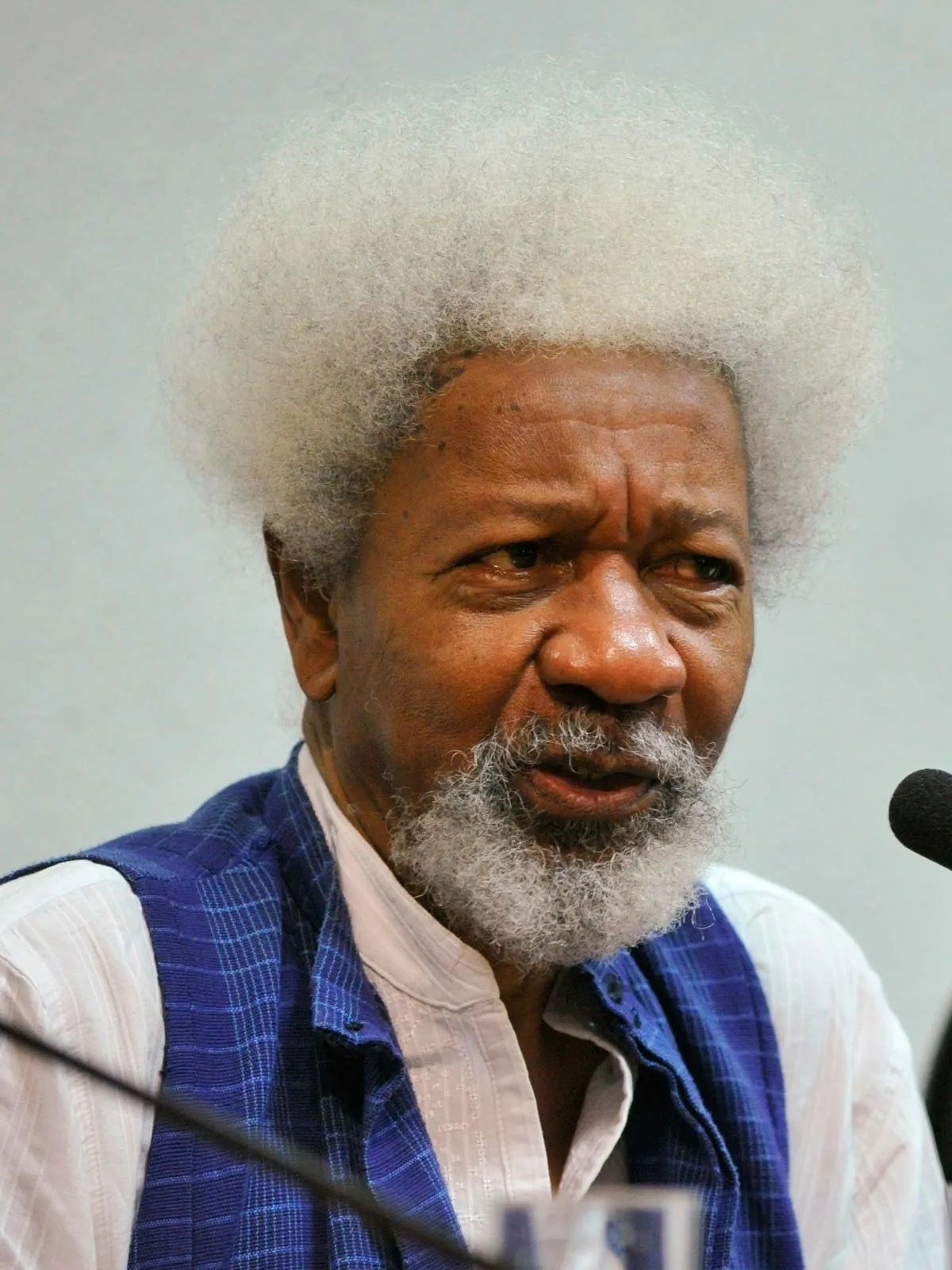Nobel Laureate Wole Soyinka has revealed his mixed feelings about the upcoming film adaptation of his iconic memoir, “The Man Died,” in an exclusive interview with CNN on Tuesday. The 90-year-old playwright and novelist expressed his reservations about having his life story portrayed on screen, marking the first time he has spoken publicly about the film project.
“Let me put it this way: Turning anything in my life into something other people can watch pains me,” Soyinka stated, offering a glimpse into the personal struggle he faces with the prospect of his experiences being dramatized for a wider audience.
Despite his reservations, Soyinka acknowledged his involvement in the film’s production process.
He recounted assisting the cast and crew in their quest for authenticity, saying, “I assisted them in trying to locate a house in which I hid and operated during the civil war. They were looking for something close to what we used during that period.”
The film, based on Soyinka’s 1972 memoir of the same name, chronicles his harrowing 22-month imprisonment during Nigeria’s military era.
The adaptation, announced earlier this year by The Explainer, boasts a star-studded cast including Wole Ojo, Chidi Mokeme, Sam Dede, and Nobert Young.
The screenplay was penned by Bode Asiyanbu and produced by Femi Odugbemi, with its premiere initially scheduled for July.
Delving into his prison experience, Soyinka vividly described the mental and emotional challenges he faced during his confinement.
“It was a very testing period for me. Twenty-two months in total isolation, denied books, denied paper, my cell constantly searched, nothing at all to sustain my mind,” he recalled.
The Nobel Laureate highlighted the resilience and ingenuity required to survive such conditions, stating, “I think one of the most cunning categories of humanity I’ve ever encountered is the prisoner. The prisoner has to survive. It’s a survival test, not a question of self-advancement.”
Soyinka shared how he created a “complete self-sustaining mental micro-world” to cope with the isolation.
He improvised writing materials, making ink from dirt and pens from bones in his food.
The playwright also recounted how he turned to mathematics and geometry, subjects he previously disliked, as a means of mental exercise.
“I began recollecting geometry and trigonometry formulas, which I hated, and making calculations on the ground,” he said, illustrating the lengths to which he went to maintain his mental acuity.
The interview also touched upon Soyinka’s illustrious career as a writer. As the first Sub-Saharan African to be awarded the Nobel Prize in Literature in 1986, Soyinka’s impact on world literature is undeniable.
His extensive body of work includes renowned plays such as “The Lion and the Jewel” (1959), “The Trials of Brother Jero” (1960), and “A Dance of the Forests” (1960), among many others.
As the film adaptation of “The Man Died” moves forward, it promises to bring Soyinka’s powerful narrative of resilience and intellectual fortitude to a new generation of viewers.
While the author himself may harbor mixed feelings about the project, there’s no doubt that his story continues to inspire and provoke thought, both on the page and now on the screen.
The upcoming film adaptation stands as a testament to Soyinka’s enduring legacy and the universal relevance of his experiences.


























